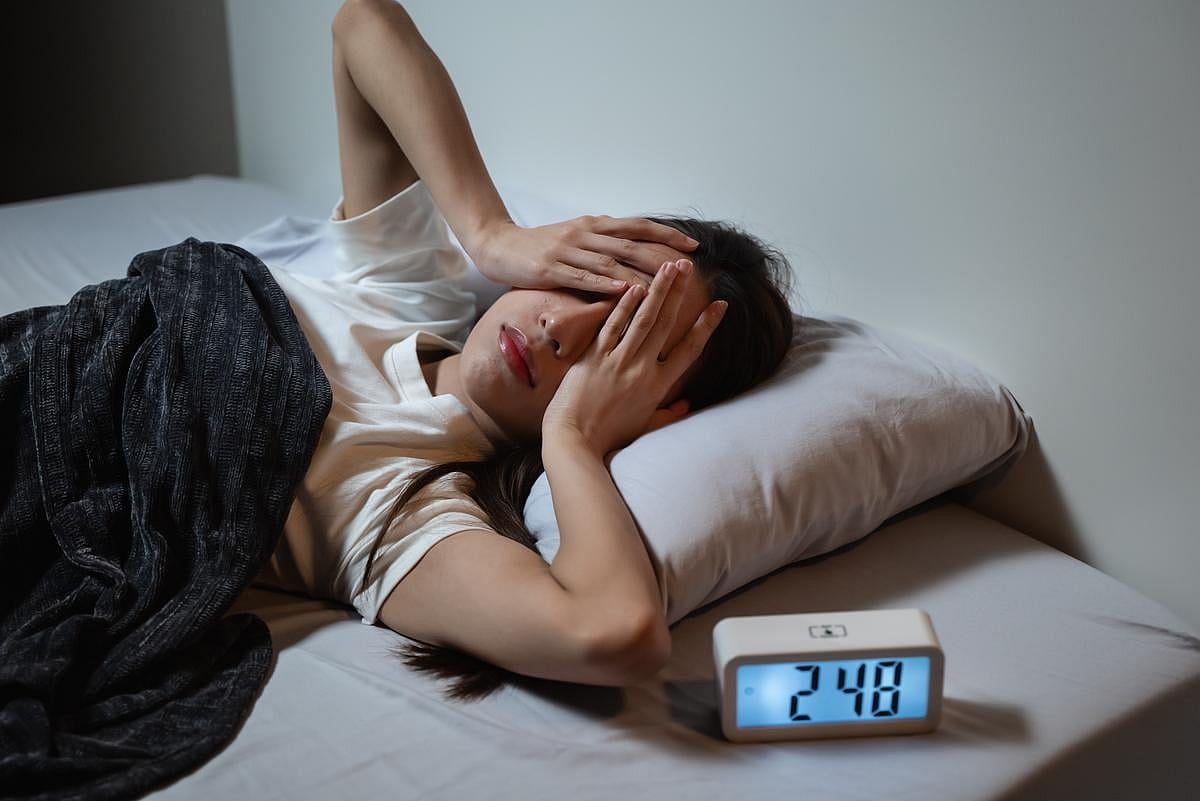Get Healthy!

- Dennis Thompson
- Posted May 29, 2025
Poor Sleep Sign Of Brain Problems After Mild Stroke
Difficulty sleeping after a mild stroke could be a sign of continuing brain health problems in some people, a new study says.
Stroke victims who spent more time in bed struggling to sleep had lower scores on tests of thinking and memory skills, researchers reported in the journal Neurology.
These patients also had brain changes that can increase risk of dementia or a second stroke, researchers said.
“These results show that disturbed sleep may be a marker of adverse brain health,” senior researcher Dr. Joanna Wardlaw said in a news release. She's chair of applied neuroimaging at the University of Edinburgh in the U.K.
For the study, published May 28, researchers tracked the sleep of 422 people in Edinburgh and Hong Kong who’d suffered a mild stroke or a transient ischemic attack (TIA), a condition called a “mini-stroke” because its stroke-like symptoms pass with no apparent damage done.
Within one to three months after their mild stroke or TIA, the participants all had brain scans, filled out sleep questionnaire and took cognitive tests.
Longer in-bed time — either sleeping or trying to sleep — was associated with lower scores on thinking and memory tests, researchers found.
“While many people know that a lack of sleep can lead to health issues, less is known about the effects of sleeping longer at night or spending a long time in bed trying to make up for having trouble sleeping — whether people are doing this consciously or not,” Wardlaw said.
People who spent more time in bed also were more likely to have evidence of small blood vessel damage and bleeding in their brains. They also had more white matter hyperintensities — areas where white brain tissue had been damaged.
The study doesn't prove that sleep issues cause these changes, only that there is an association.
“More research is needed to confirm these findings and also to look at whether prolonged sleep has negative effects on people who have never had a stroke or TIA,” Wardlaw said.
“Of course, research is also needed on whether improving people’s sleep patterns after stroke could ward off some of these possible detrimental effects,” she added.
More information
The Sleep Foundation has more on sleep and cognitive performance.
SOURCE: American Academy of Neurology, news release, May 28, 2025






